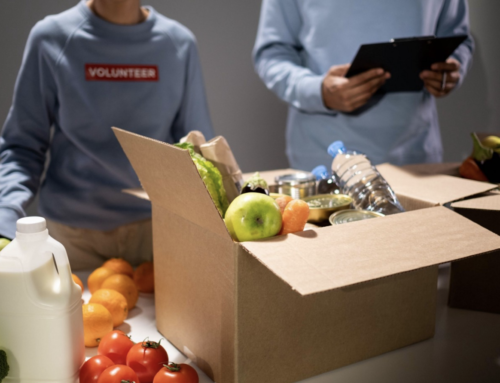The 2015 news coverage on Ethan Couch who fled to Mexico with his mother to avoid a court hearing is appalling. In fact, his successful defense of “affluenza” — that he was too rich and spoiled to take responsibility for killing four people in a drunk-driving accident — should alarm every parent in America. Why?
Because affluenza or entitlement enables our children not to take accountability for their worst actions possibly leading to horrific consequences as seen above.
As parents, our most important responsibility is preparing our children to live in the real world, which contains disappointment and setbacks. And regardless of our financial status, all parents must be comfortable with saying no to our children and setting limits all the time. Yes, it’s annoying for your son to throw a temper tantrum in the supermarket because you didn’t buy cookies but if you give in every time, you’re teaching him that his tantrums will get him what he wants. And soon Johnny will graduate from the terrible twos to a demanding, self-absorbed young man.
If kids do not begin to handle uncomfortable feelings in childhood, how can they ever deal with the adult world?
As our children’s first role models, we must look at how we handle our own negative emotions and why we want to protect our children from them.
The 2015 movie, “Inside Out” brilliantly depicts the importance of sadness, the damaging effects of anger and how Riley learned from her emotions. By denying our children the full range of emotions including the negative ones, we fail to give them the tools to handle disappointment and frustration, encouraging them to follow the “happy-all-the-time” attitude imposed by many adults.
This leads to real trouble.
The deceptive pursuit of happiness without the knowledge that true happiness indeed requires struggle, ignores our children’s mental health in the short term and prepares them to search in the long term for anything that stops emotional pain. This leads to irresponsibility and entitlement at best and at worst blaming and addiction.
In fact, if we truly spoil our children, they will become rude, entitled adults who are more chronically dissatisfied with life prone to depression, anxiety and addictive behavior.
So how do we not spoil our children, teaching them good behavior?
And encourage their accountability and awareness?
• Happiness is not based on status symbols. Having the latest toy – Nintendo, smartphone, or designer handbag – does not guarantee happiness. Show them they are more important than your “stuff”. Be a role model. Get “stuff” under control by cleaning out your closet and your children’s closet, and give to the less fortunate. Model generosity and teach gratitude.
- Teach them to accept uncomfortable feelings. Allow your children to feel disappointment. My good friend, a language teacher, confirmed that many of the parents consistently tried to have their children’s grades “fixed” or “raised” in her classes instead of encouraging them to study more. All of them, she said, were focused on the G.P.A. and not the process of learning. This was famously demonstrated in the Operation Varsity Blues scandal where dozens of wealthy parents paid more than $25 million in bribes to falsify their children’s test scores and athletic accomplishments to secure admission into elite universities. Both of us, however, believe that parents should never “doctor” a college application but instead allow their kids to accept consequences for not studying for a test or doing homework. In other words, don’t try to fix “it” for them. If they forget their homework or lunch or coat, don’t rush to school with it. Going hungry once or failing a test will teach them a valuable lesson that they are responsible for their actions. Trust me, they won’t forget it again.
- Refuse to buy a gift for every accomplishment. With gifts, they will easily lose their motivation for doing their job well and never develop a sense of pride in their work. If they do something really well, perhaps add new privileges that can lead to a more responsible teenager. Remember, rewards don’t have to be “things”.
- Success is based on hard work. As parents we know that the majority of successful people did not create their wealth without sacrifice and long hours pursuing their dreams. Nobody succeeds by just fantasizing or wishing for it.
Teach children how to work for their goals. For example, many of my friends had to buy their first car or at least pay for the insurance, gas and upkeep. They were proud that they could contribute to their family and not depend on their parents. They learned valuable lessons about responsibility and determination.
• Prepare them for the real world. Teach them self-sufficiency – how to cook, do laundry and clean. You won’t be there to help them in college! Share your life experiences that marked you. You will be surprised how much your stories can help them with difficult people or situations.
• Reinforce good behavior, not bad and always respect your children. Even if they do something wrong, never humiliate them, embarrass them or criticize them when talking to them. Avoid all television shows with kids sassing their parents and model respectful dialogue as well as expect and require courteous behavior from your children at all times. Don’t be subtle about it. Applaud their efforts when they behave well and tell them how you liked it. But do not fall prey to their ploys of tantrums or teenage angst. This is not about boosting your child’s self esteem but teaching them how to interact with society at large. You’ll be doing the world an enormous favor.





